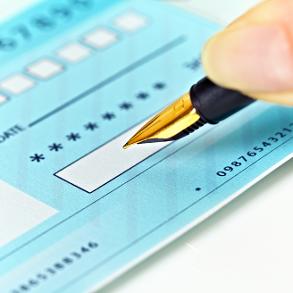
How to Save More Money
We all like a good bargain, don’t we? We love nothing more than grabbing a deal on an item of clothing, taking advantage of a 2-4-1 offer or securing a late holiday deal. So, if you are looking for some money tips that’ll improve your bank balance and keep you out of debt then you should certainly keep reading.
Avoid Shopping with a Rumbly Tummy
If you head out to the shops with an empty stomach then you can guarantee you’ll end up filling your basket with a bunch of products you don’t need or want. Not only will you be stuck with all this useless food in your cupboards, but you’ll end up significantly out of pocket. One way to avoid this is by eating a meal before you head out to the shops and writing a shopping list that you’ll actually stick to.
Threaten to Leave a Provider
Many of us shell out high bills for services that many providers would willingly slash if we just threaten to head to a competitor. Whether you have a big mobile contract, are paying expensive fees for a TV or are paying extortionate costs, you can trust that a provider will do whatever they can to keep hold of you; meaning you could receive whopping discounts that’ll give you a little growing room in your bank account.

Skip Eating Out for Home
If you want to treat yourself once in a while by grabbing something naughty but nice every once in a while, then who is going to stop you? However, you don’t have to head to a restaurant to enjoy a delicious meal. Why not knock up a delicious dish using a tasty recipe? That way, you’ll save money on the cost of the food and it’ll taste even sweeter because you’ve made it yourself.
Buy for Need, Not for Want
It’s so easy to feel a burn in our pockets when we see the latest shoes in a shop window or a sale sign. However, whilst you might feel at the time that you’re saving money or it’s something you really need, you should ask yourself whether you really do need the item in your life. If the answer is no then maybe you should purse or wallet away and keep your cash. You’ll be glad you did.
Use Your Leftovers
Don’t let that joint of meat go to waste once you’ve cooked a meal. Throw the leftover lamb, beef, chicken or whatever into a curry or casserole. You could even use the meat for sandwiches for work. If you broke into a ten pound note, would you throw away your change? No you wouldn’t. Don’t do the same with your leftovers.
Have you got any money saving tips to share with us? We’d love to hear them. Don’t be afraid to come back and let us know whether our helpful money ideas saved you money, too.